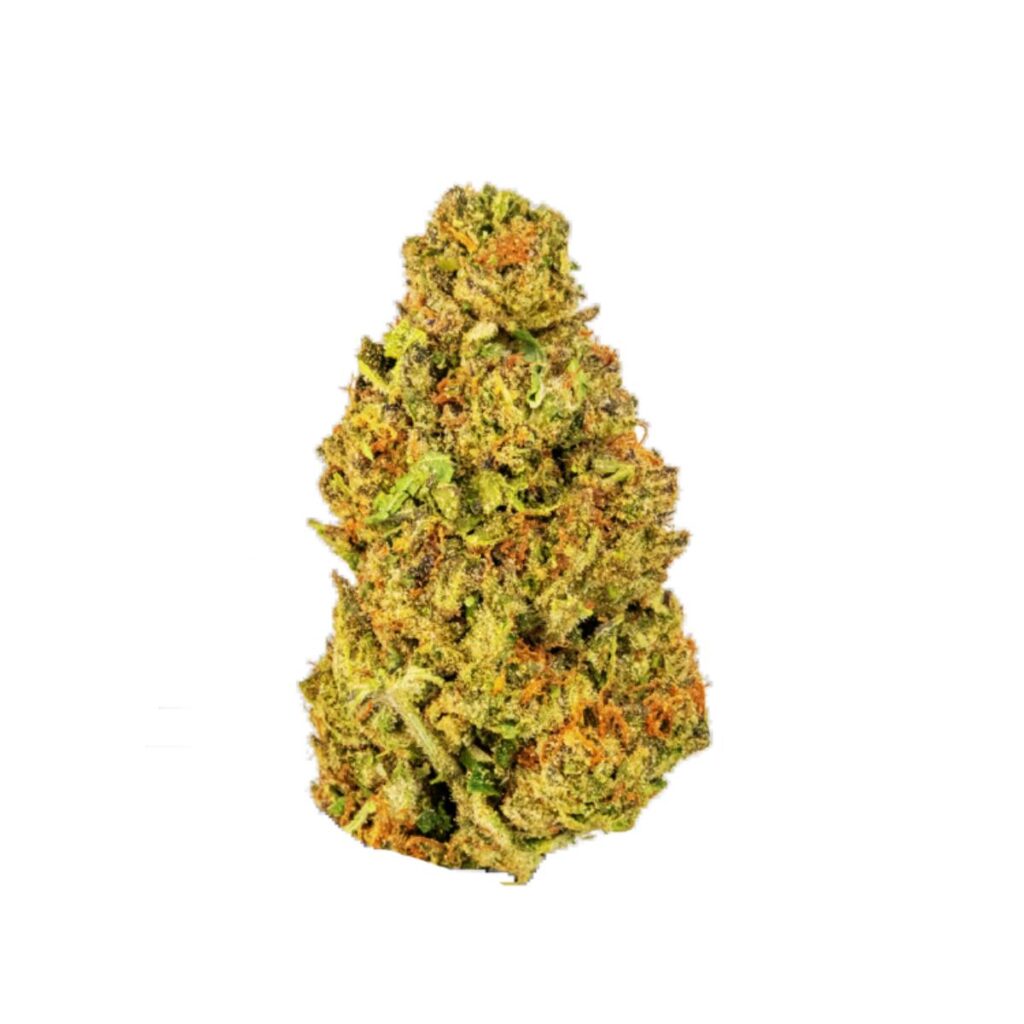The therapeutic uses of tetrahydrocannabinolic acid THCA flower cannabis have gained significant attention in today’s health landscape, particularly as research continues to uncover the potential benefits of cannabinoids beyond their psychoactive properties. THCA is the non-psychoactive precursor to THC, and it exists in raw cannabis plants. As more individuals seek natural and holistic approaches to health, THCA has emerged as a promising option due to its unique therapeutic profile. One of the primary benefits of THCA is its anti-inflammatory properties, making it a valuable asset for individuals dealing with chronic pain and inflammatory conditions. Research suggests that THCA may inhibit the production of pro-inflammatory cytokines, thereby reducing inflammation in the body. This can be particularly beneficial for patients suffering from conditions such as arthritis, Crohn’s disease, and other autoimmune disorders. By alleviating inflammation, THCA can improve the quality of life for these individuals, offering them a natural alternative to conventional anti-inflammatory medications, which often come with undesirable side effects.
 Moreover, highest thca flower is believed to possess neuroprotective properties, which may play a role in managing neurodegenerative diseases such as Alzheimer’s and Parkinson’s. Early studies indicate that THCA can protect brain cells from damage caused by oxidative stress and inflammation. This suggests that incorporating THCA into treatment plans may help slow the progression of these diseases and improve cognitive function, providing hope for patients and their families. In addition to its anti-inflammatory and neuroprotective effects, THCA has shown promise in the realm of anti-emetic anti-nausea applications. Patients undergoing chemotherapy often struggle with nausea and vomiting, which can severely impact their overall well-being. Preliminary research indicates that THCA may help reduce nausea and vomiting, making it an attractive option for cancer patients seeking relief from these distressing side effects. By providing a natural alternative to traditional anti-nausea medications, THCA could enhance the overall treatment experience for those undergoing cancer therapies. Furthermore, the use of THCA in mental health is gaining recognition. While research in this area is still in its infancy, some studies suggest that THCA may have anxiolytic anxiety-reducing effects.
Moreover, highest thca flower is believed to possess neuroprotective properties, which may play a role in managing neurodegenerative diseases such as Alzheimer’s and Parkinson’s. Early studies indicate that THCA can protect brain cells from damage caused by oxidative stress and inflammation. This suggests that incorporating THCA into treatment plans may help slow the progression of these diseases and improve cognitive function, providing hope for patients and their families. In addition to its anti-inflammatory and neuroprotective effects, THCA has shown promise in the realm of anti-emetic anti-nausea applications. Patients undergoing chemotherapy often struggle with nausea and vomiting, which can severely impact their overall well-being. Preliminary research indicates that THCA may help reduce nausea and vomiting, making it an attractive option for cancer patients seeking relief from these distressing side effects. By providing a natural alternative to traditional anti-nausea medications, THCA could enhance the overall treatment experience for those undergoing cancer therapies. Furthermore, the use of THCA in mental health is gaining recognition. While research in this area is still in its infancy, some studies suggest that THCA may have anxiolytic anxiety-reducing effects.
By interacting with the endocannabinoid system, THCA may help regulate mood and alleviate symptoms of anxiety and depression. As mental health awareness grows, the exploration of cannabis compounds like THCA offers a potential avenue for individuals seeking alternative treatments for their mental health challenges. The growing acceptance of cannabis in various forms has paved the way for increased accessibility to THCA flower. Consumers can find THCA-rich cannabis strains at dispensaries, and the use of raw cannabis products—such as juicing or incorporating THCA flower into edibles—has become more prevalent. As the stigma surrounding cannabis continues to diminish, patients and healthcare providers are beginning to explore the potential of THCA as a legitimate therapeutic option. In conclusion, THCA flower cannabis represents a promising frontier in the therapeutic landscape of health and wellness. Its anti-inflammatory, neuroprotective, anti-emetic, and potential anxiolytic properties make it a versatile option for a variety of health conditions. As research continues to unfold, and more individuals seek natural alternatives to traditional pharmaceuticals, THCA may play a crucial role in shaping the future of holistic health care.